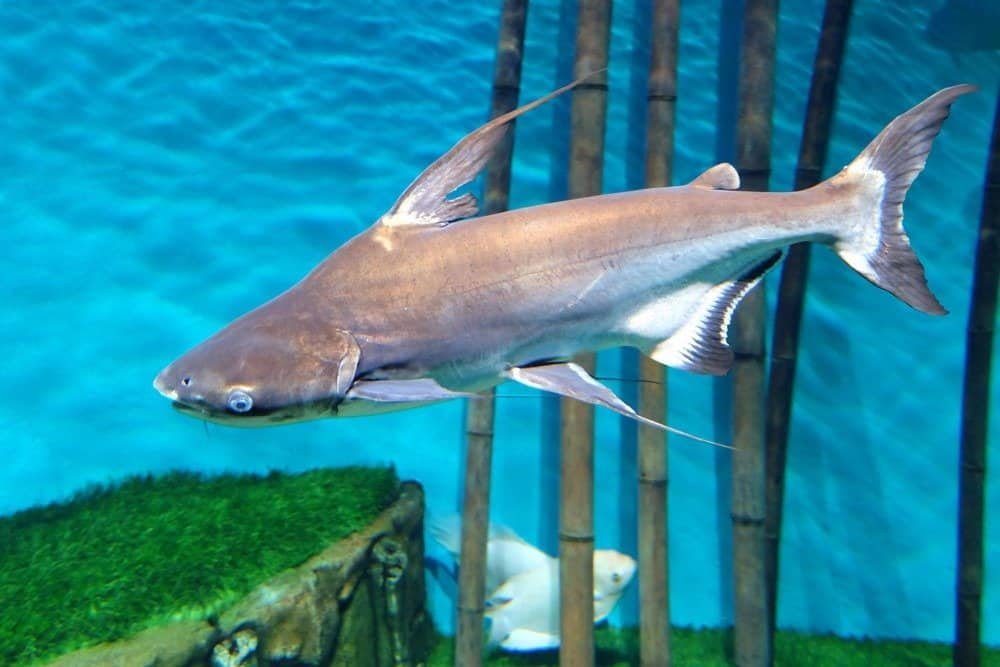Swai: A Cost-Saving Substitute
In recent years, there has been a trend among some restaurants to swap out expensive fish for a less expensive alternative called swai. While this may seem like a cost-saving measure for restaurants, it has raised concerns among consumers and experts alike about the ethics and sustainability of this practice.
Swai, also known as pangasius or basa fish, is a type of catfish that is commonly farmed in Southeast Asia. It is relatively cheap compared to other fish, such as salmon or tuna, and has a mild flavor that many people find appealing. As a result, it has become a popular substitute for more expensive fish in many restaurants.
One of the main concerns with using swai in restaurants is that it is often farmed in conditions that are not environmentally sustainable. The fish are typically raised in large, crowded ponds that are treated with antibiotics and other chemicals to prevent disease and promote growth. This can lead to pollution of nearby waterways and harm to other species in the ecosystem.
Another concern is that swai is often mislabeled or misrepresented to consumers. Some restaurants may label it as a more expensive fish, such as sole or cod, in order to charge higher prices. This can be misleading and unethical, as customers may not be getting what they paid for.
Additionally, there are concerns about the health risks of consuming swai. Some studies have found that it may contain high levels of contaminants such as mercury and antibiotics, which can be harmful to human health if consumed in large quantities. This is especially concerning for pregnant women and young children, who may be more vulnerable to these toxins.
Despite these concerns, many restaurants continue to use swai as a cost-saving measure. Some argue that it is a more sustainable alternative to other types of farmed fish, as it requires less feed and produces less waste than some other species. However, others argue that the environmental and health risks outweigh any potential benefits.
In conclusion, the use of swai as a substitute for expensive fish in restaurants raises important questions about sustainability, ethics, and consumer protection. While it may be a cheaper alternative for restaurants, it comes with potential environmental and health risks that should be carefully considered. As consumers, it is important to be aware of these issues and to make informed choices about what we eat and where we eat it.



